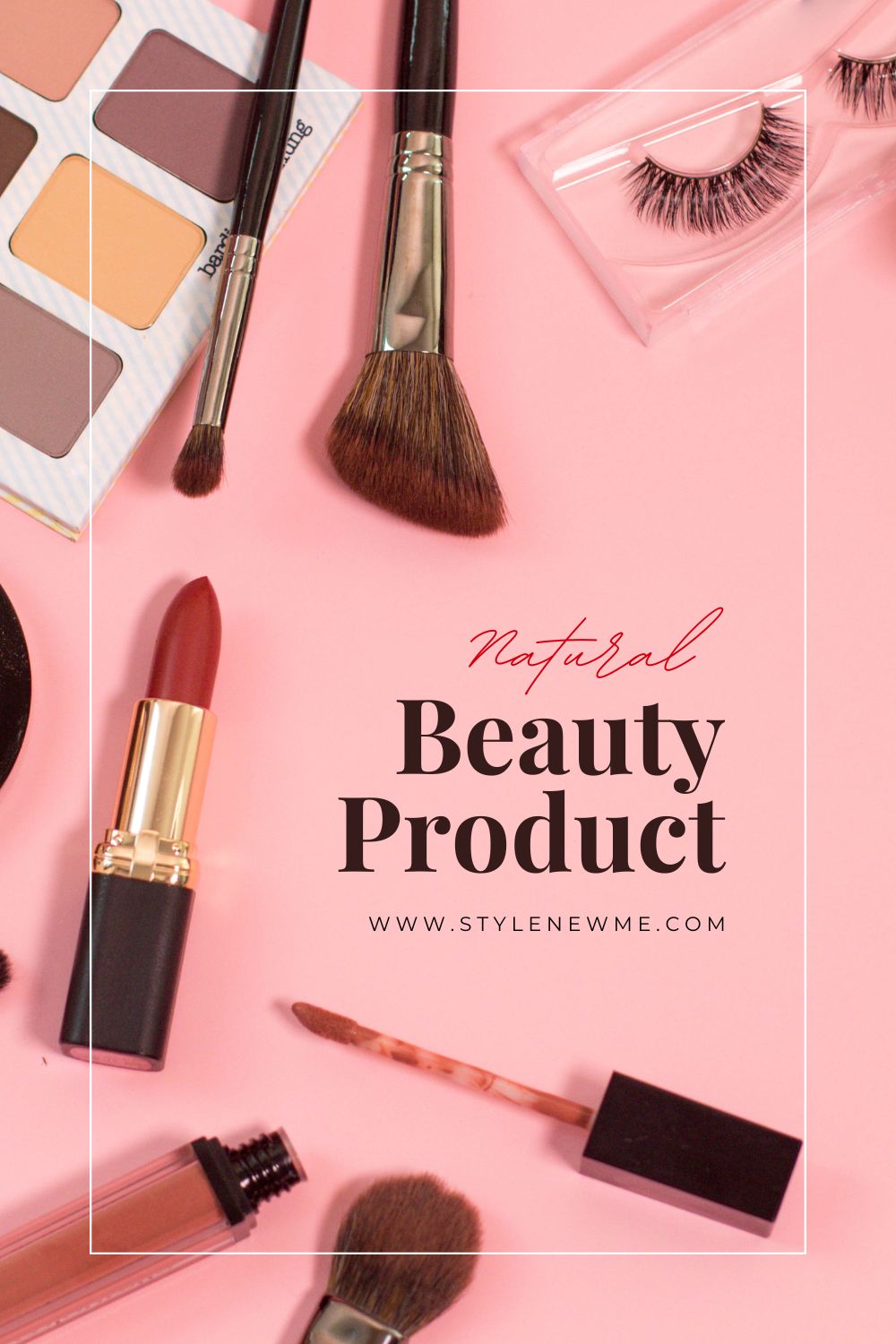Acne doesn’t appear out of nowhere. It’s often the result of clogged pores, excess oil, and bacteria — all of which can be managed with the right approach. If you’re tired of sudden breakouts and looking for ways to prevent them before they begin, you’re in the right place.
Here are 8 proven tips to help you stop acne before it starts and keep your skin clear, healthy, and glowing.
1. Keep Your Face Clean (But Don’t Overdo It)
Washing your face twice daily removes dirt, oil, and impurities that build up on your skin. Use a gentle, non-comedogenic cleanser suitable for your skin type. Avoid harsh scrubs or overwashing, as this can strip your skin of natural oils and lead to irritation — which can trigger breakouts.
Tip: Stick to a morning and nighttime routine. Cleanse after sweating or working out too.
2. Use Non-Comedogenic Skincare Products
Not all skincare or makeup products are acne-safe. Non-comedogenic products are formulated not to clog pores, reducing the chances of pimples forming.
Look for labels that say “oil-free,” “non-comedogenic,” or “won’t clog pores” on moisturizers, sunscreens, and makeup.
3. Moisturize Daily (Yes, Even If You Have Oily Skin)
Dry skin can actually produce more oil to compensate, leading to breakouts. Use a lightweight, oil-free moisturizer to keep your skin hydrated without clogging pores.
Choose: Gel-based or water-based moisturizers for oily and acne-prone skin.
4. Watch Your Diet
Certain foods — especially high-glycemic carbs and dairy — have been linked to acne in some individuals. While everyone’s skin reacts differently, it’s wise to pay attention to how your skin responds to your diet.
Try eating more: Whole grains, leafy greens, berries, nuts, and fatty fish that reduce inflammation.
5. Avoid Touching Your Face
Your hands come into contact with bacteria and oils throughout the day. Touching your face can transfer these irritants, leading to breakouts.
Avoid: Resting your chin on your hand or picking at your skin — both can worsen acne and cause scarring.
6. Keep Hair and Pillowcases Clean
Hair products can contain oils and chemicals that irritate your skin. Dirty pillowcases can harbor bacteria and oil buildup that transfer to your face.
Do this:
- Wash pillowcases at least once a week.
- Keep long hair tied back, especially while sleeping.
- Avoid letting oily hair products touch your face.
7. Start Preventive Skincare Early
Use ingredients like salicylic acid or benzoyl peroxide in small amounts to prevent clogged pores and kill acne-causing bacteria before a breakout forms. Retinoids like tretinoin are also great long-term solutions for preventing acne.
Pro tip: Start with lower concentrations and patch test to avoid irritation.
8. Manage Stress
Stress triggers hormones like cortisol, which can increase oil production and inflammation in the skin. Chronic stress may not only lead to more breakouts but also delay healing.
Try: Yoga, meditation, regular exercise, or even short walks to calm your mind and reduce stress.
FAQs
Q: Can drinking more water help prevent acne?
A: While water alone won’t clear acne, staying hydrated helps flush out toxins and keeps your skin functioning properly.
Q: Should I exfoliate to prevent acne?
A: Gentle exfoliation (1–2 times a week) can help remove dead skin cells, but avoid harsh scrubs that irritate the skin.
Q: When should I see a dermatologist?
A: If over-the-counter treatments aren’t working or acne is affecting your confidence, a dermatologist can offer prescription solutions that work better for your skin type.
Final Thoughts
Preventing acne isn’t about using the strongest products or scrubbing your skin raw — it’s about consistency, gentle care, and listening to your skin’s needs. Incorporate these 8 tips into your daily routine, and over time, you’ll likely notice fewer breakouts and healthier skin.
And remember: If your acne is persistent or severe, it’s best to consult a dermatologist for personalized treatment.




